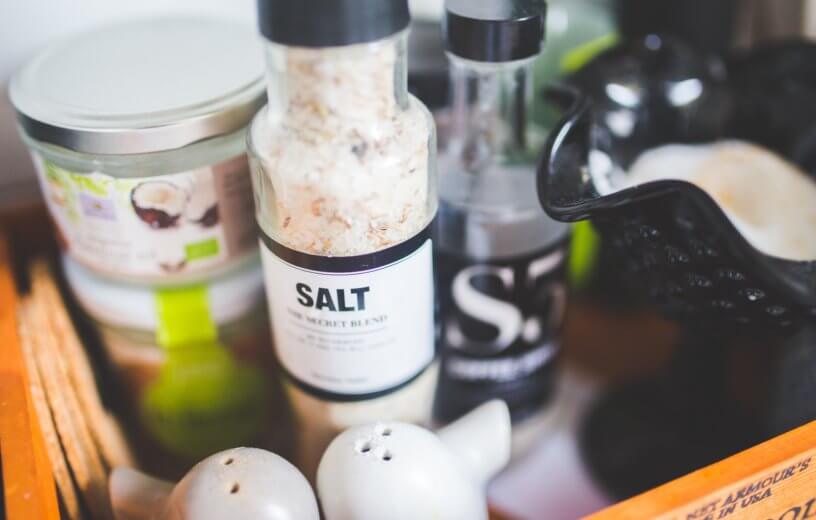BONN, Germany — It’s well-known that eating too much salt increases one’s blood pressure, which can lead to cardiovascular problems in the long-term. Now, according to a study by researchers at the University of Bonn in Germany, those who consume a salty diet may have weaker immune systems.
The researchers introduced high-salt diets to mice first and found that they were more susceptible to more severe bacterial infections. When the study asked for human volunteers, the researchers gave them six additional grams of salt every day beyond the recommended amount. They found that the volunteers started showing signs of pronounced immune deficiencies. Those six grams are about the same amount of salt as what’s in two average fast-food meals.
The maximum amount of salt that adults should consume to remain healthy, according to the World Health Organization’s (WHO) recommendations is five grams, or approximately one level teaspoon. The researchers knew salt intake was a health issue for many Germans and people around the world. According to the Robert Koch Institute, German men consume an average of ten grams of salt per day, with women taking in more than eight grams on a daily basis.
“We have now been able to prove for the first time that excessive salt intake also significantly weakens an important arm of the immune system,” says co-author Dr. Christian Kurts, from the Institute of Experimental Immunology at the University of Bonn, in a media release.
The findings were unexpected for the research team. Some previous studies indicated that salt may actually improve the immune system. Certain skin parasite infections in lab animals healed much faster with a salt increase, for example. Macrophages, immune cells that eat parasites, are more active when salt is present.
But lead author Katarzyna Jobin, now working at the University of Würzburg, explains that extra salt in the blood doesn’t help the immune system for a few reasons. One, the body must regulate the salt concentrations in the blood and in all its organs to keep biological processes running. The skin is regulated differently, acting as a salt reservoir for the body.
Other parts of the body are not exposed to additional salt intake, however. The salt is filtered out by the kidneys and excreted via urine. The kidneys have a sodium chloride sensor that activates the salt excretion function. The sensor also causes glucocorticoids to accumulate in the body, which inhibits granulocyte function. Granulocytes are the most common immune cells in the blood.
Granulocytes, similar to macrophages, are scavenger cells. But instead of eating and digesting parasites, granulocytes attack bacteria. When there aren’t enough of them or they don’t do their jobs properly, infections become much more severe much faster.
“We were able to show this in mice with a listeria infection,” said Dr. Jobin. “We had previously put some of them on a high-salt diet. In the spleen and liver of these animals we counted 100 to 1,000 times the number of disease-causing pathogens.”
Listeria is a type of bacteria found in contaminated food.
Sodium chloride, better known as table salt, showed negative effects on human immune systems, according to Kurts. “We examined volunteers who consumed six grams of salt in addition to their daily intake,” says Kurts. “This is roughly the amount contained in two fast food meals, i.e. two burgers and two portions of French fries.”
The researchers took blood from their volunteers and analyzed the granulocytes. The immune cells coped much worse with bacterial infections after the volunteers started a high-salt diet. The high salt intake increased glucocorticoid levels in people, which inhibits the immune system by over-suppressing inflammation.
The study was published in the journal Science Translational Medicine.
